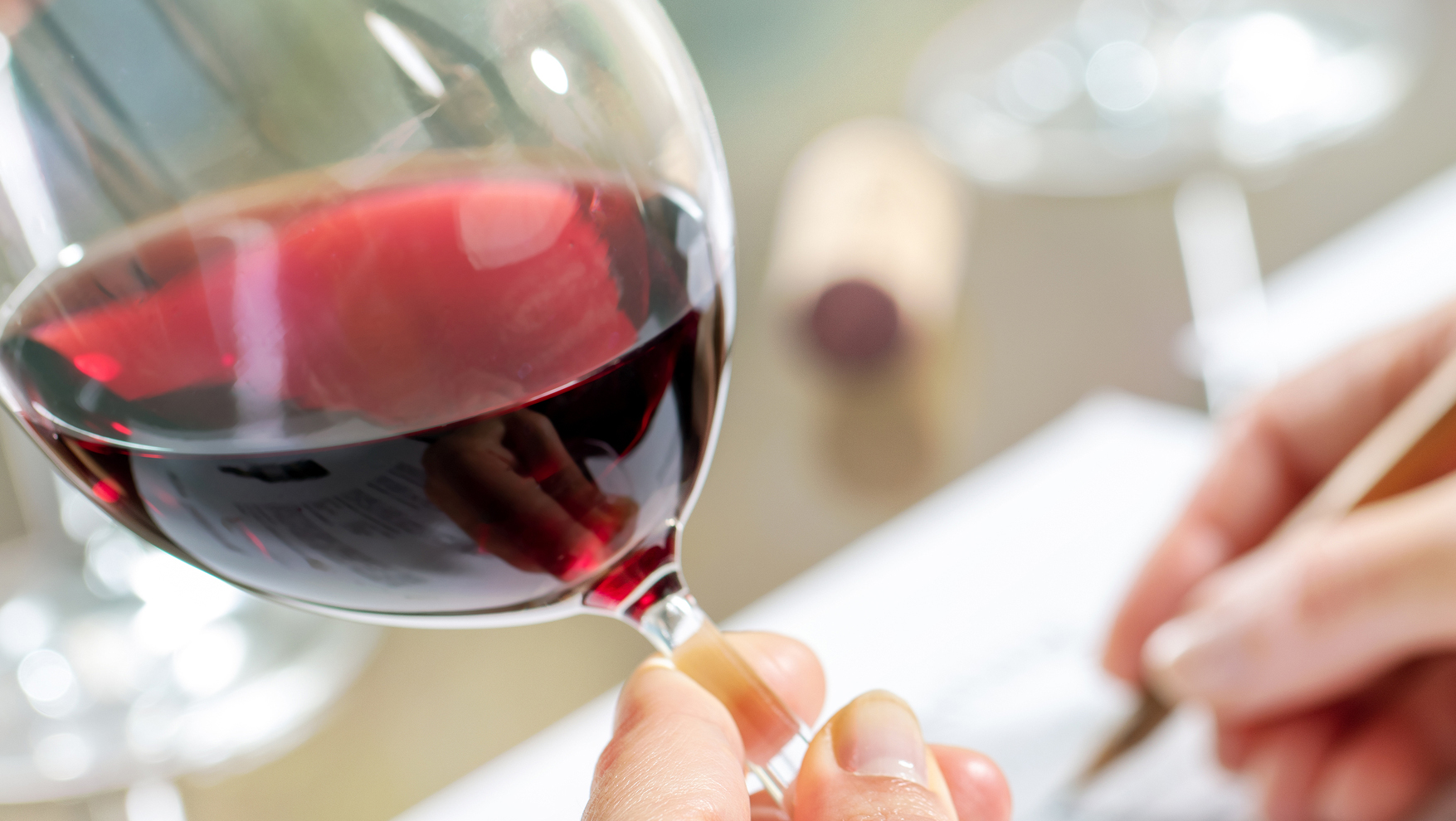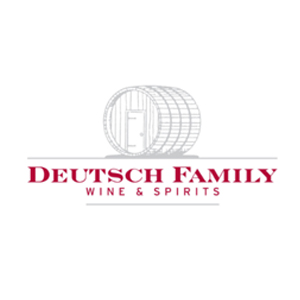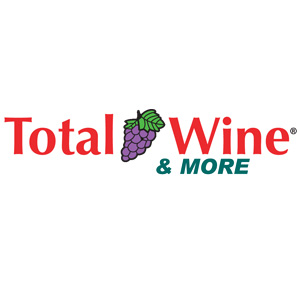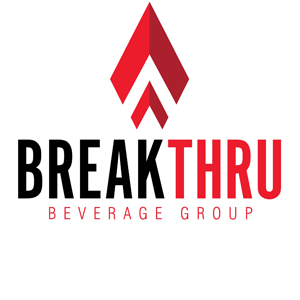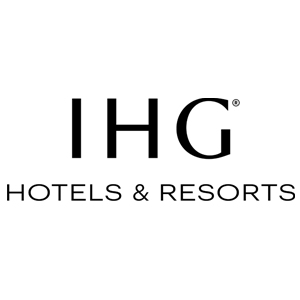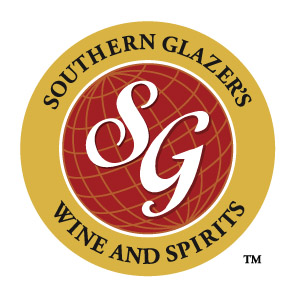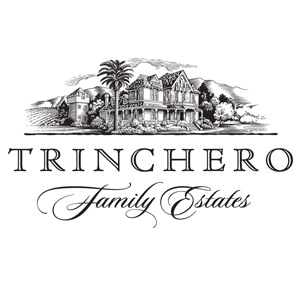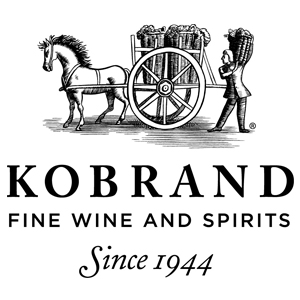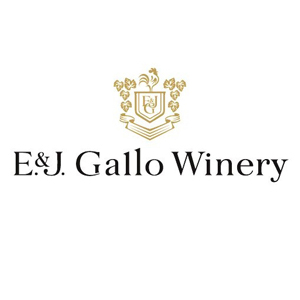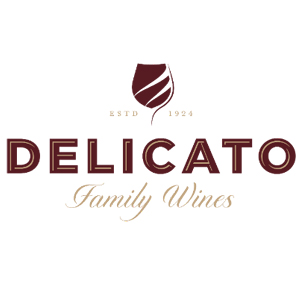The Certified Wine Educator (CWE) Exam is a unique certification that not only tests a candidate’s wine knowledge, but also validates his or her tasting acumen and teaching ability.
This certification is widely recognized and highly regarded by the international wine industry.
This intense undertaking comprises a theory exam, two tasting exams and a presentation skills demonstration, along with requiring candidates to provide evidence of Responsible Beverage Alcohol Service certification. All portions of the CWE exam are available virtually. Detailed information on each component of the CWE Exam is included below.
All candidates pursuing the CWE certification must already possess the Certified Specialist of Wine (CSW) certification. There are no exceptions to this rule regardless of a candidate’s background or credentials.
The Society has created a set of educational resources to assist candidates in preparing for this challenging exam. The Society has created a set of educational resources to assist candidates in preparing for this challenging exam. These include The CWE Candidate Manual, which is suggested for use at the beginning and throughout the exam preparation process. Qualified candidates—those who have passed the CSW exam—may request a complimentary copy of the CWE Candidate Manual from Jane A. Nickles, SWE’s Director of Education. Jane may be reached at jnickles@societyofwineeducators.org. In addition, an annual Recommended Reading List is published. Click here for the 2026 Recommended Reading list. An online study site, based on the books included in the Recommended Reading Lists and designed to assist with the theory portions of the exam, is also available, click here for the CWE Study Site. Digital Wine Map Exercises—over 800 graphic wine map flashcards along with more than 20 “drag-and-drop” exercises—all based on the wine maps published in the Certified Specialist of Wine (CSW) Study Guide. Click here to purchase.
In addition, SWE hosts a CWE Aspirant Facebook group. Active members of SWE who already possess a CSW certification are welcome to request an invitation to the CWE Facebook group by emailing our Director of Education, Jane A. Nickles.
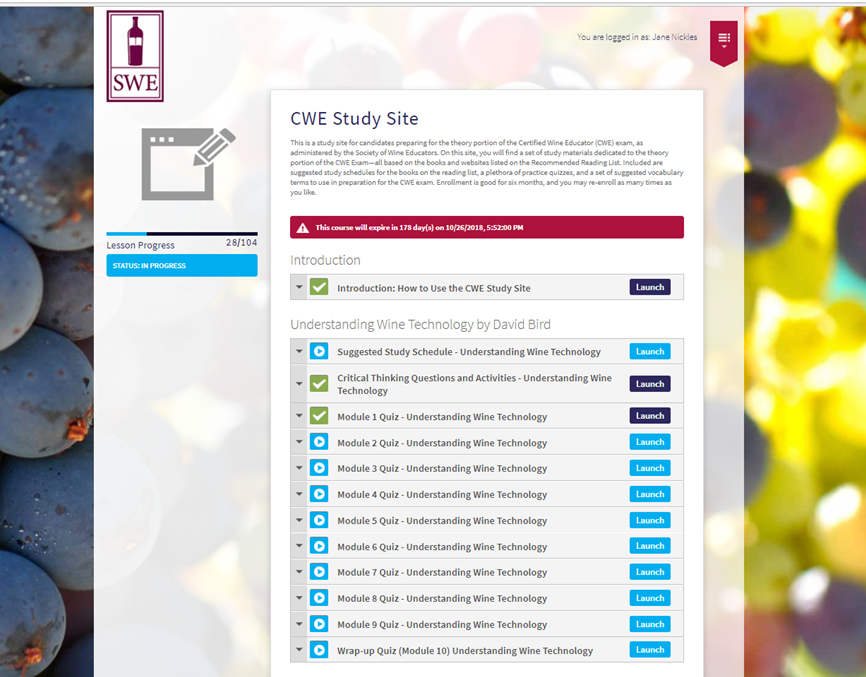
The seated sections of the CWE exam include the theory portion (multiple choice exam plus essay exam), the CWE Tasting Exam, and the Faults and Imbalances Identification Exam. Candidates may purchase and attempt the theory and tasting sections of the exam separately. There are currently several available options for the delivery of the CWE exam. All portions of the CWE exam are available virtually. In addition, all parts of the CWE exam will continue to be offered “in person” at specific locations and times as noted on the SWE website, Exams and Seminars. Please contact the SWE home office for more information on testing options.
Candidates who successfully pass all components of the CWE Exam are entitled to use the CWE post-nominal as part of their professional signature. They will also receive a certificate (suitable for framing) and a CWE lapel pin.
Theory/Written Component
The theory portion of the exam involves of a multiple-choice exam and a timed essay (essay test). The multiple-choice exam consists of 100 questions to be answered within one hour; the minimum passing score is 75. The essay test will require the candidate to answer one question (from a slate of three) within one hour. Essays are graded according to a detailed rubric and are designed to assess the candidate’s ability to format information coherently and concisely for a target audience. The minimum passing score for the essay is 65 (out of a possible 100 points). For a copy of the current essay rubric, click here. Click here for a selection of practice essay questions.
The CWE Tasting Exam
Candidates will be presented with a flight of four unidentified wines. Using the SWE Wine Tasting Grid—which will be provided and available for use during the exam—candidates will be asked to provide a written analysis and tasting note of each wine. Time allotted will be one hour. Each wine assessment will be worth up to 30 points, as detailed on the tasting grid. In addition to providing descriptions of the appearance, aroma, taste components, and quality of the wine, candidates will be asked to match the identity of each wine using a provided list of possible answers. Only one point (out of the 30) will be dependent upon the accurate identification of the wine. The minimum passing score—combining the responses for all four wines—will be 90 points (out of a possible 120).
SWE acknowledges the diversity of human sensory perception and will accept a range of descriptive vocabulary in candidate answers. We are looking for responses that are demonstrative, logical, and consistent.
• Click here for our recommended list of wines to study.
• Click here to download a copy of the SWE Wine Tasting Grid.
In addition to our scheduled, in-person exams, virtual tasting exams for the varietal/appellation wine identification portion of the CWE—via Zoom or a similar web conferencing platform—are available to candidates who have passed the theory portions of the CWE Exam. For use in a virtual setting the format of this exam may be modified and may involve verbal assessments in place of—or in addition to—the written exercises. Please contact our Director of Education, Jane A. Nickles, for more information on scheduling a virtual tasting exam.
Faults and Imbalances Wine Identification
Candidates must identify heightened levels of standard wine components as well as chemically induced imbalances. The examinee is given thirty minutes to identify oxidation and increased levels of sugar, acid, tannin, acescence, alcohol and sulfur in addition to correctly recognizing the unadulterated “control”. Successful candidates must identify at least six correctly. The chemical kit used for the exam is available for purchase through our online store. For a copy of the instructions, click here. In addition to our scheduled, in-person exams, virtual tasting exams for the faults and imbalances identification portion of the CWE—via Zoom or a similar web conferencing platform—are available to candidates who have passed the theory portions of the CWE Exam. Please contact our Director of Education, Jane A. Nickles, for more information on scheduling a virtual faults exam.
Presentation Skills Demonstration
Candidates must successfully demonstrate their ability to present on a wine topic, selected from the approved list of themes, in front of a live audience. Candidates must pass all written and tasting portions of the exam prior to giving this presentation. The presentation may be scheduled in conjunction with the Society’s annual conference or, alternately, the candidate may choose to submit a video recording of his or her presentation. For more information on the Presentation Skills Demonstration Requirement, click here. For the current list of approved presentation themes, click here. For a copy of the current presentation skills rubric, click here. Candidates must score a 65 out of 100 points to successfully pass the Presentation component. For the required format of the Presentation Skills Demonstration Outline, and a sample outline, click here.
Responsible Beverage Alcohol Service Certification
Candidates must submit evidence of current certification with either their state’s responsible beverage alcohol service program, the National Restaurant Association’s Educational Foundation’s ServSafe Alcohol® or TiPS® (Training for Intervention Procedures).
The Society of Wine Educators owns the copyright in all exam materials and supplements referenced herein. Any redistribution or reproduction of part of all of the content is prohibited except as permitted by copyright law. You may not, except with the express permission of the Society of Wine Educators, distribute or commercially exploit the content. Nor may you transmit it or store it in any other website or other form of electronic retrieval system.
